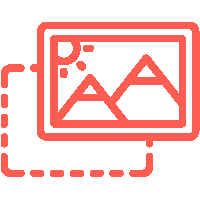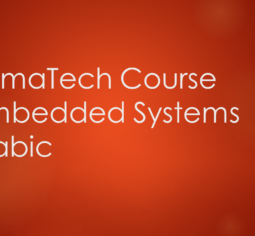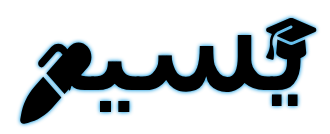Embedded Systems Basics: From Zero to Hero
Beginner
30h 30m
5
Course content
Introduction to Embedded Systems
Definition and Characteristics of Embedded Systems1:00:00
Types of Embedded Systems
Embedded System Architecture
Embedded System Programming
About Course
Welcome to Embedded Systems Basics: From Zero to Hero! This course is designed for beginners and tech enthusiasts who want to delve into the fascinating world of embedded systems. Whether you’re a student, an aspiring engineer, or a hobbyist, this course will provide you with a solid foundation in embedded systems, setting you on the path to mastering this critical technology.
What You’ll Learn:
- Understanding Embedded Systems: Grasp the core concepts of embedded systems, including microcontrollers, sensors, actuators, and interfacing.
- Microcontroller Programming: Learn to program microcontrollers using popular languages like C/C++.
- Circuit Design & Development: Get hands-on experience with circuit design, schematic creation, and breadboarding.
- Embedded Software Essentials: Explore the fundamentals of embedded software, including real-time operating systems (RTOS), memory management, and debugging.
- Practical Projects: Work on real-world projects that integrate hardware and software to solve practical problems.
Course Highlights:
- Beginner-Friendly Content: No prior experience is required. Start from the basics and progress to more complex concepts.
- Hands-On Learning: Engage with practical exercises and projects that reinforce theoretical knowledge.
- Comprehensive Resources: Access downloadable materials, code examples, and project templates.
- Interactive Community: Join a vibrant community of learners, share your progress, and get feedback from peers and instructors.
Who This Course Is For:
- Aspiring Engineers & Technicians: Kickstart your career in embedded systems with foundational knowledge and skills.
- Hobbyists & Makers: Bring your creative projects to life with a deep understanding of embedded systems.
- Students & Lifelong Learners: Expand your knowledge base and gain practical experience in a growing field.
Requirements:
- Basic Computer Skills: Familiarity with general computer operations is helpful, but not mandatory.
- A Willingness to Learn: Come with an open mind and a desire to explore new concepts and technologies.
Why Enroll?
Embedded systems are the backbone of modern technology, found in everything from smartphones to industrial machinery. By the end of this course, you’ll have a robust understanding of how embedded systems work and be able to design and develop your own projects. Whether you aim to start a career in this exciting field or simply want to expand your technical skillset, this course is the perfect place to begin.
What to learn?
1. **Fundamentals of Embedded Systems**: Understanding what embedded systems are, their architecture, and how they differ from general-purpose computing systems. This includes learning about microcontrollers, microprocessors, and other hardware components. 2. **Programming for Embedded Systems**: Introduction to programming languages commonly used in embedded systems, such as C or assembly language. Students will learn how to write, compile, and debug code that interacts directly with hardware. 3. **Hardware-Software Integration**: Learning how software interfaces with hardware, including input/output operations, sensors, actuators, and communication protocols (like SPI, I2C, UART). This also covers basic interfacing techniques and the role of device drivers. 4. **Real-Time Operating Systems (RTOS)**: Basics of real-time systems, including understanding task scheduling, interrupts, and timing constraints. Students will learn how to design systems that respond predictably to external events within strict time limits. 5. **Embedded System Design and Development**: Introduction to the process of designing an embedded system from concept to implementation. This includes understanding requirements, system architecture design, prototyping, testing, and optimization for power, speed, and cost.Student Ratings & Reviews











